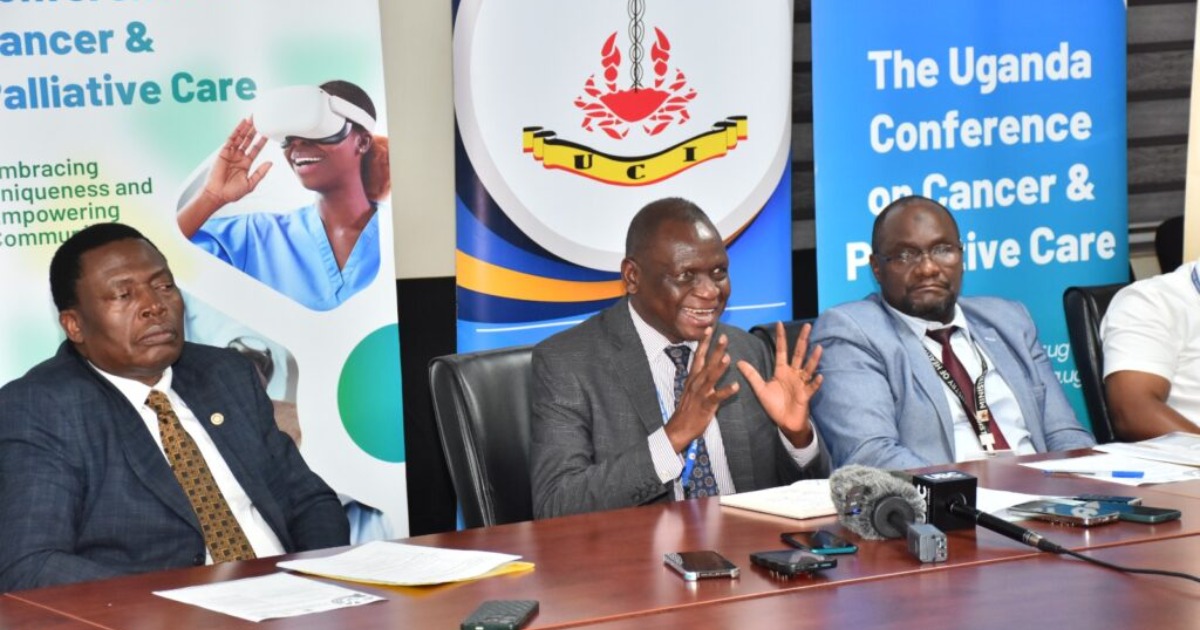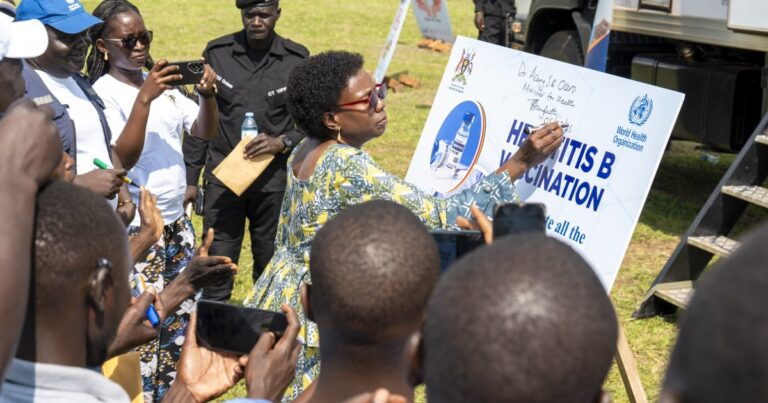The Uganda Cancer Institute (UCI) has advised the public to exercise caution when using self-test kits for cervical cancer detection, citing the need for professional guidance and proper follow-up after testing.
Speaking to journalists on Wednesday, Benjamin Mwesige, Head of Research at UCI, made the remarks during the Ministry of Health’s announcement of the upcoming Conference on Cancer and Palliative Care, where researchers will showcase the latest innovations in cancer prevention, diagnosis, and treatment.
Mwesige noted that one of the emerging innovations is a self-test kit that allows women to screen for cervical cancer from the comfort of their homes. While acknowledging the convenience and potential of such technology to increase early detection rates, he stressed that it should be adopted with care to avoid misinterpretation of results and missed opportunities for timely treatment.
“Self-testing can be a valuable tool, but it is not a replacement for professional medical consultation. A positive result should always be followed by confirmatory testing and expert care,” Mwesige emphasized.
The upcoming Cancer and Palliative Care Conference is expected to bring together medical experts, researchers, policymakers, and advocates to discuss advancements in cancer care and how to address gaps in access, awareness, and treatment across Uganda and the region. The UCI’s caution comes at a time when health innovators are increasingly developing home-based testing solutions to bridge healthcare access barriers, especially in rural areas. However, experts warn that without proper regulation, user education, and follow-up mechanisms, such tools could lead to false reassurance or unnecessary anxiety.





